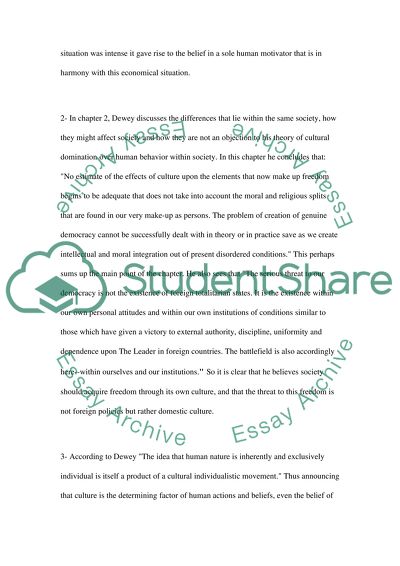Cite this document
(Culture Issue in Freedom and Culture by J.Dewey Book Report/Review - 1, n.d.)
Culture Issue in Freedom and Culture by J.Dewey Book Report/Review - 1. https://studentshare.org/culture/1564118-kierkegaard-and-dewey
Culture Issue in Freedom and Culture by J.Dewey Book Report/Review - 1. https://studentshare.org/culture/1564118-kierkegaard-and-dewey
(Culture Issue in Freedom and Culture by J.Dewey Book Report/Review - 1)
Culture Issue in Freedom and Culture by J.Dewey Book Report/Review - 1. https://studentshare.org/culture/1564118-kierkegaard-and-dewey.
Culture Issue in Freedom and Culture by J.Dewey Book Report/Review - 1. https://studentshare.org/culture/1564118-kierkegaard-and-dewey.
“Culture Issue in Freedom and Culture by J.Dewey Book Report/Review - 1”. https://studentshare.org/culture/1564118-kierkegaard-and-dewey.


